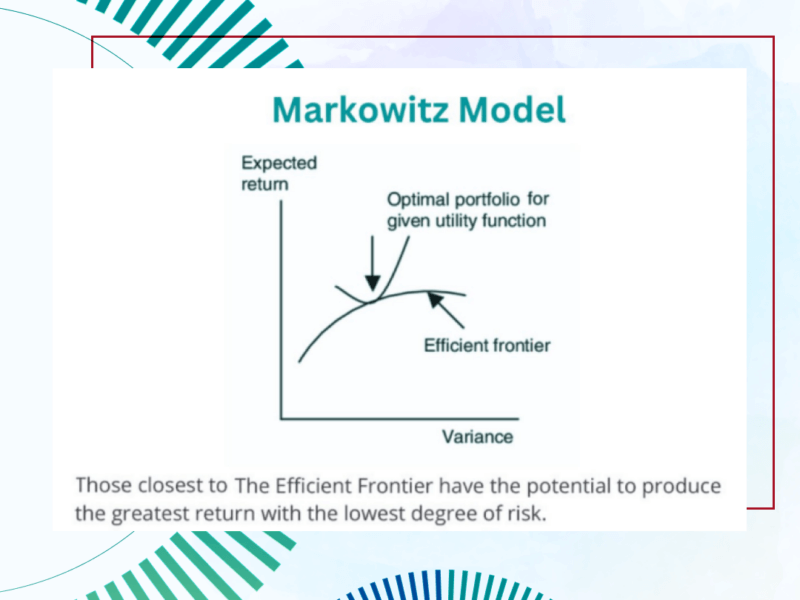We have already written that retail investors are becoming a powerful force in the stock market. The reduction in the burden of entering the market is one of the reasons. Mobile apps could be considered the killers of long-term planning and the financial advisory sector. Robo-advisers appear to be another factor undermining the industry’s prospects. It might seem human financial advisers are becoming obsolete.
Are we going to need human financial advisers down the road? According to the U.S. Bureau of labor statistics (BLS), the answer is “yes”. The financial advice industry is expected to continue its growth. The BLS predicts that the employment of personal financial advisers will grow by 4% between 2019 and 2029, about as fast as the average for all occupations. According to the BLS, the aging of the population will be the main factor for employment growth in this sector. Many individuals approaching retirement are more likely to seek planning advice from personal financial consultants. Longer life expectancies will result in longer retirement periods and increased demand for financial planning services.
The BLS acknowledges that the emergence of robo-advisers will partially reduce the demand for personal financial advisers. However, the impact of this technology is expected to be limited as consumers continue to turn to human consultants for more sophisticated and specialized investment advice over the next decade. In addition, an Investopedia survey found that 56% of affluent Gen Y and Gen X members trust human financial advisers over robo-advisers.
Moreover, the willingness of investors to enter into paid advisory relationships is at its peak. According to a Cerulli Associates research, 40% of investors surveyed in 2020 say they need more advice than before and 56% are willing to pay for it—up from 51% in 2019.
Interestingly, 43% of affluent millennials surveyed by Investopedia indicated that they use a financial adviser. And those who feel they are well-informed about investments are more than twice as likely to have a financial adviser as their less competent peers.
Thus, we see that investors are looking for financial advice from humans. How do the financial advisers help? According to the aforementioned Investopedia survey, 27% of those who reported using a financial adviser said their investments perform extremely well— double the number of affluent millennials without financial advisers who said their investments perform extremely well (13%).
Based on research conducted in partnership between Franklin Templeton and Gallup, investors with financial advisers are more confident in the context of COVID-19. Almost half of the stockowners surveyed (48%) claim to work with a financial adviser. And, according to the study, those with advisers are more likely than those without advisers to be very confident that they have the best possible investment strategy — 35% vs. 15%, respectively. And confidence is a very important factor of economic activity and recovery.
The bottom line
Mobile apps and robo-advisers are not expected to replace human financial advisers. Investors want human financial advice and are willing to pay for it. Individuals who consider themselves knowledgeable about investing are more likely to have a financial adviser. Investors who have a financial adviser enjoy better investment performance and are more confident.
Risk Warning: The information in this article is presented for general information and shall be treated as a marketing communication only. This analysis is not a recommendation to sell or buy any instrument. Investing in financial instruments involves a high degree of risk and may not be suitable for all investors. Trading in financial instruments can result in both an increase and a decrease in capital. Please refer to our Risk Disclosure available on our web site for further information.



Instead of risking on your own, trading and wasting your nevrous system, it is better to invest in a ready-made investment portfolio, which is exactly what I did with ISEC WM. Yes, the profits may not be as huge, but the risks are much less.